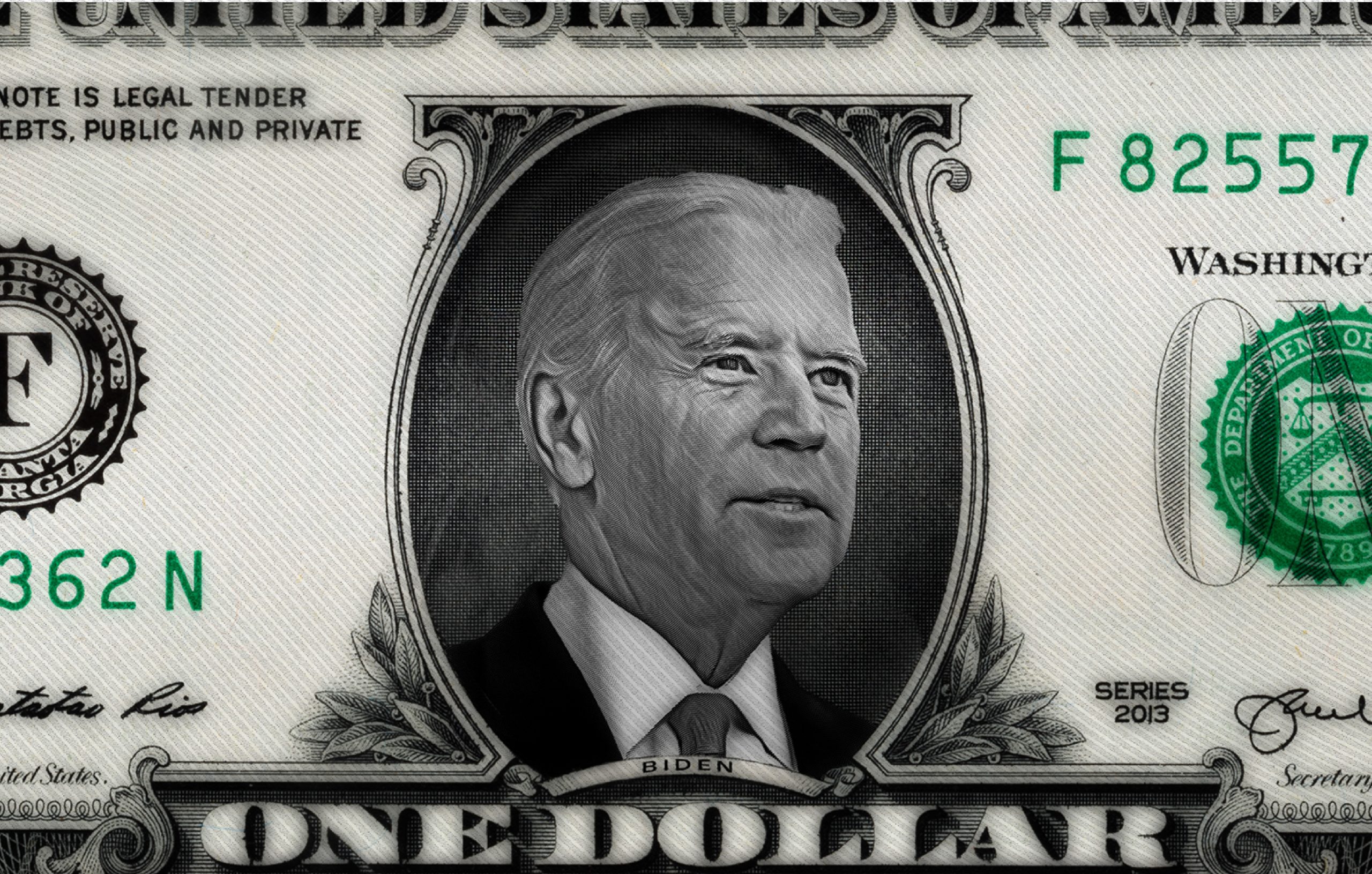I don't think the constitutional processes in the US even considered the hyper-partisanship evolution of the US, and seemed to have expected at least some 'good of the country' type bipartisanship review of these kinds of things.
There are people on both parties that are incapable of that, but there are a lot more on the Republican side who are raging lunatics that don't even follow the basics of what the party goes for, and why folks like Cheney were driven out. When even bootlickers like McConnell are taken aback and have had enough it's gotten pretty extreme.
It's funny how many of them ride the Jesus train as well, must have missed the 'Fuck you, I've got mine' part of the beatitudes in the Gospel.
Actually, from my understanding, the people that wrote the US constitution were well aware of Parties and Factions and wrote the document accordingly. Hamilton, Jefferson and the Adamses seem to have all been quite engaged in the debate.
...
I kind of think everything is about Process these days.
Trump followed the Process and won election. Some folks didn't like the result.
Trump was impeached and tried according to Process. Some folks didn't like the result.
Now the effort has moved outside of remit of Congress and Civil Process and Criminal Process is being tried. Those are open for debate but I am going to guess that some folks won't like the result. No matter which way the results fall.
I am going to further guess that the Supreme Court will find that the President (insert the name of the office holder here) cannot be held liable for their actions while in office once they are out of office. The whole American system is built on containing authority.
While the President is in office, POTUS, the Chief Executive Officer, is held to account by the Legislature and the Courts. All of the President's actions are subject to continuous scrutiny. If the Legislature disagrees with the actions they can deprive the President of authority on a specific action by withdrawing consent on bills. It can promote alternative actions. It can deny funding for the actions. It can refer the matter to the Courts for a ruling on legality. It can impeach the President and dismiss him or her. It can find the President mentally incompetent.
It does not lack tools to hold the President to account. If all those efforts are tried, and fail, then it could be fairly argued that the Legislature and the Courts were complicit in the actions of the Executive.
....
More broadly the whole DEI business is a reflection of the same debate. People don't like the outcomes that result from following the existing, legal, processes. They want their preferred outcome. And are willing to adjust the Process, by any means, to achieve their preferred result.
....
Sometimes, a good citizen, has to be able to live by the Process, accept the result, extend a hand and say "Well played. See you next week."


